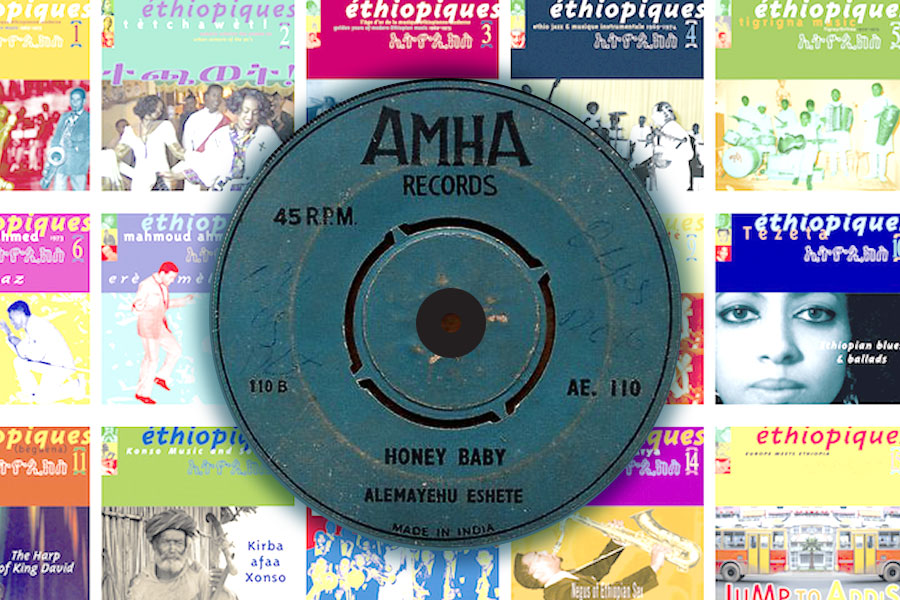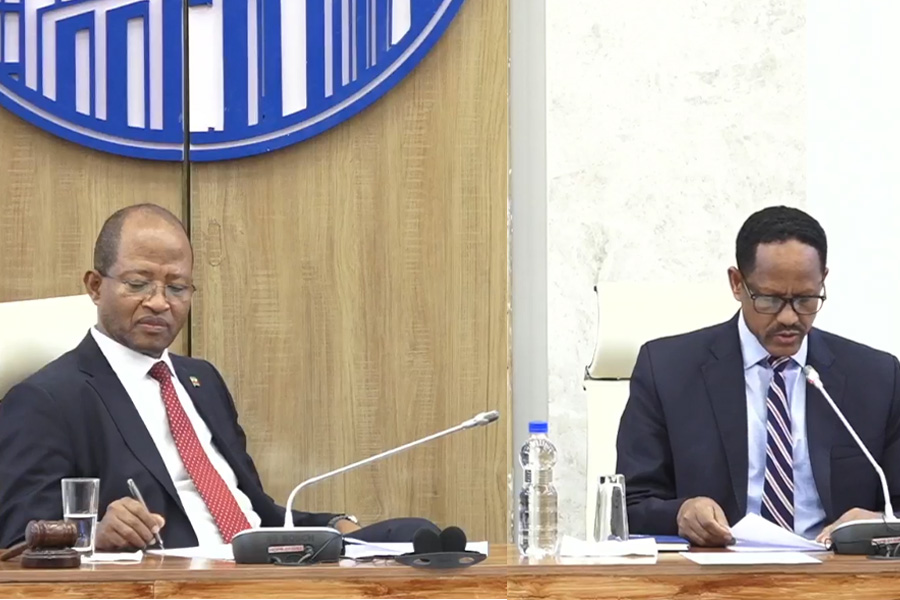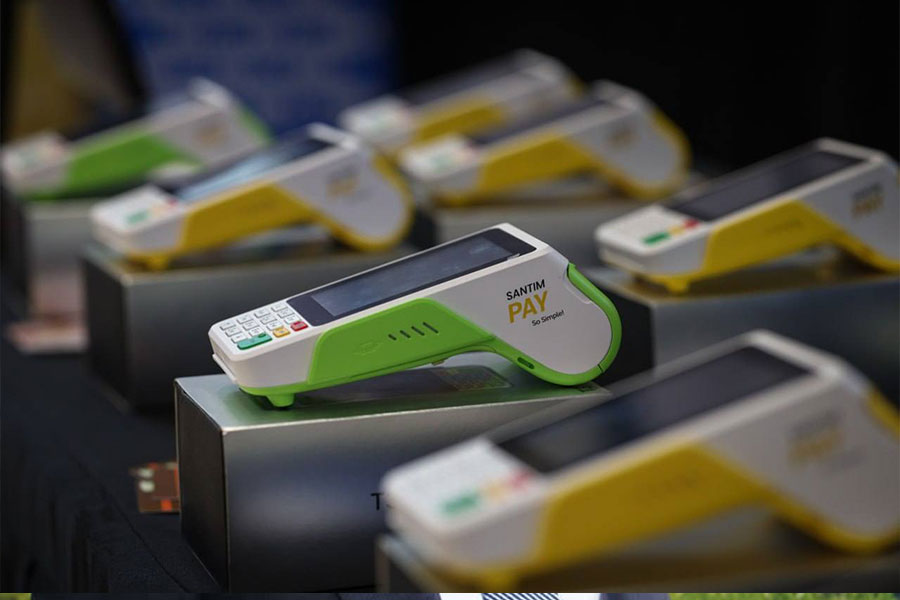
May 23 , 2021
By Kidist Yidnekachew
A friend of mine visited Nairobi, Kenya, years ago. He was shocked to find a technology that was hitherto alien to him. It was called M-Pesa and it was linked to the Safaricom mobile account of Kenyan users.
“This was so first-world to me at the time because I had just received my first SIM card after having being pre-registered for three years,” he said.
At the time, his account at Ethio telecom had no access to the internet, voicemail, call waiting or call divert. It was a plain old phone but without a cable attached to it. At one time, just before 2005, one could get their SMS activated. But that was turned off for years after political unrest during the elections back then.
Recently, a lot of fuss has been made over the launch of Telebirr. Given that everyone that signs up to it gets 15 Br airtime credit, this is understandable. But it seemed more like a PR stunt with an old technology being passed off as innovation. Ethio telecom was not even the first. Several banks have been introducing mobile banking services over the past few years, with the biggest of them being CBE Birr. They were all overly publicised, only to lose their novelty later on after release.
But why do they fizzle out?
Ideas that are copied usually fail. This is because the person who dreams up the idea understands it and understanding what one is selling is the difference between mass adoption and fizzling out. The mobile money services that are popping up every time are nothing more than bullet points on a brochure to these institutions - they introduce them for the sole purpose of saying, "we have mobile money too." It is more of a keeping up with the joneses of the banking and financial sector rather than innovation.
In mobile money and electronic transactions, the reason for failure to launch should have been clear long ago. This is a lack of person-to-person promotion and training, minimal interoperability between banks and poor telecoms infrastructure.
If local neighbourhood kiosk owners know that electronic transactions significantly decrease the risk of being robbed, they will stop accepting cash the next day. It is not just shop owners, though. I have tried to be paid using CBE Birr for freelance services without luck.
“Isn’t that for paying utility bills?” I have been told.
In the end, what matters is how well these services are utilised, not how many people register, like the over a million people that did in Telebirr’s case in six days since its release.
No less challenging is the issue of interoperability. While foreign banks can send a payment from across the oceans, an Ethiopian cannot transfer 100 Br from an Awash Bank account to CBE Birr. I will not open a Dashen Bank account just because a shop owner uses Amole and I use Telebirr.
What is hard about paying from any mobile money service to any other?
To be fair, progress has been made in interoperability between ATMs and, to an extent, Points of Sale (PoS) machines. EthSwitch, which all banks work with, is also currently piloting e-payment interoperability.
But none of this matters when the telecoms infrastructure continues to be poor. All banks are connected through a network run by Ethio telecom, including ATM vestibules. When someone uses their CBE debit card to get money from an Awash Bank ATM machine, the link checks the CBE ledger to see if they have the funds. Thus, when the ATM sometimes deducts the funds but fails to provide the cash or just would not work, this is because of a lack of network fidelity. The same applies for the teller window service. We are often told that the system is down. This is entirely due to poor network infrastructure.
With the combination of these challenges, Ethio telecom needs to pull off a miracle to make its fancy new product stick.
PUBLISHED ON
May 23,2021 [ VOL
22 , NO
1099]


Life Matters | Oct 18,2025

View From Arada | Jul 18,2021

View From Arada | May 15,2021

My Opinion | Sep 18,2021

Radar | Jul 18,2020

Fortune News | Nov 24,2024

Sunday with Eden | Dec 19,2018

Sunday with Eden | Apr 02,2022

Viewpoints | Mar 28,2020

Radar | Jul 20,2025

Photo Gallery | 179023 Views | May 06,2019

Photo Gallery | 169218 Views | Apr 26,2019

Photo Gallery | 160097 Views | Oct 06,2021

My Opinion | 137138 Views | Aug 14,2021
Commentaries | Oct 25,2025

Dec 22 , 2024 . By TIZITA SHEWAFERAW
Charged with transforming colossal state-owned enterprises into modern and competitiv...

Aug 18 , 2024 . By AKSAH ITALO
Although predictable Yonas Zerihun's job in the ride-hailing service is not immune to...

Jul 28 , 2024 . By TIZITA SHEWAFERAW
Unhabitual, perhaps too many, Samuel Gebreyohannes, 38, used to occasionally enjoy a couple of beers at breakfast. However, he recently swit...

Jul 13 , 2024 . By AKSAH ITALO
Investors who rely on tractors, trucks, and field vehicles for commuting, transporting commodities, and f...

Oct 25 , 2025
The regulatory machinery is on overdrive. In only two years, no fewer than 35 new pro...

Oct 18 , 2025
The political establishment, notably the ruling party and its top brass, has become p...

Oct 11 , 2025
Ladislas Farago, a roving Associated Press (AP) correspondent, arrived in Ethiopia in...

Oct 4 , 2025
Eyob Tekalegn (PhD) had been in the Governor's chair for only weeks when, on Septembe...

Oct 25 , 2025 . By YITBAREK GETACHEW
Officials of the Addis Abeba's Education Bureau have embarked on an ambitious experim...

Oct 26 , 2025 . By YITBAREK GETACHEW
The federal government is making a landmark shift in its investment incentive regime...

Oct 29 , 2025 . By NAHOM AYELE
The National Bank of Ethiopia (NBE) is preparing to issue a directive that will funda...

Oct 26 , 2025 . By SURAFEL MULUGETA
A community of booksellers shadowing the Ethiopian National Theatre has been jolted b...